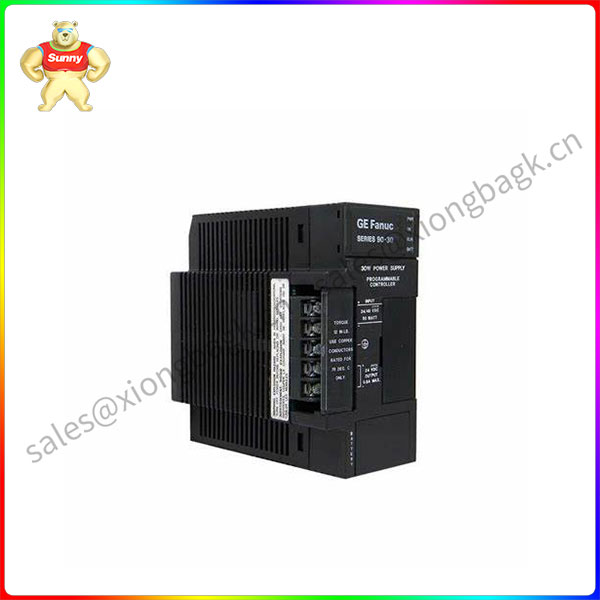Pfizer’s new high-containment plant is one of the most modern and sustainable in the world, using 40 percent less energy for environmental control than a conventional plant
A special protection concept, monitored and controlled by Siemens Building Services solutions, enhances the safety of employees handling high concentrations of raw materials
Siemens technology integrates building and production data through the Desigo CC platformPfizer has opened a new high-security facility in Freiburg, Germany. By deploying Siemens technology and services, Pfizer’s Freiburg facility is one of the more modern and sustainable of its kind. The plant is expected to produce up to 7 billion tablets a year and export them to more than 180 countries. The plant uses an innovative protection concept that is monitored and controlled by Siemens Building Services solutions. The solution helps ensure employee safety and reduces the energy consumption of the plant’s environmental control system by 40 percent compared to conventional plants.
The building management platform Desigo CC is a key technology for the plant’s smart building infrastructure. As a central control center, the platform integrates multiple systems and devices to help automate processes. Desigo CC can support communication and collaboration between multiple systems, collect production process and building data and realize centralized visualization.
“Through the deployment of ICT, all equipment and production processes at Pfizer’s Freiburg facility are intelligently connected. With this advantage, the plant has increased production flexibility and speed, while reducing energy consumption.” Gunther Bechmann, senior manager, Operations and Manufacturing, Pfizer Freiburg, said: “The constructive collaboration on this project reinforces and deepens the excellent partnership that Pfizer and Siemens have established over the years.”

IC693PWR324
High-containment plants are designed to safely produce drugs containing high concentrations of ingredients that require great care in handling. At Pfizer’s Freiburg facility, Siemens Building Service solutions use a specially protected design for monitoring and control, and integrate multiple functions such as power distribution, ventilation, air conditioning and heating into a single platform. With the support of the high protection concept and related technologies, Pfizer can produce drugs in the Occupational Exposure Level 4 (OEB4) category, and employees only need to wear OEB3 protective clothing to ensure safety. This innovative design enables optimal production conditions and increases productivity while maximizing employee safety.
“Our collaboration with Pfizer on the new plant project in Freiburg is a great demonstration of how a combination of smart technologies and services can be used to achieve desired results, even in the highly challenging and uncompromising pharmaceutical industry when it comes to speed, quality assurance and safety.” “The partnership has made Pfizer Freiburg a faster, more flexible and competitive facility, and a benchmark for ultra-modern, sustainable pharmaceutical production,” says Dave Hopping, CEO Solutions and Services at Siemens Intelligent Infrastructure Group.
By combining the building management platform Desigo CC with the scalable process visualization system SIMATIC WinCC, production-related data can be exchanged between the production system and the visualization system. Production-related data from the building management platform is transferred to the Data Acquisition and Monitoring (SCADA) system, while information from other production systems can be transferred to the Desigo CC platform and used for predictive control functions in the building automation system.
Thanks to this connection, building management data can be used by the central management system and can be accessed at any time from various production areas. The implementation of data networking and visualization makes it possible to intelligently control airflow and temperature in various areas. This allows Pfizer’s Freiburg plant to use around 40% less energy for environmental controls than a conventional plant.
 中文版
中文版




